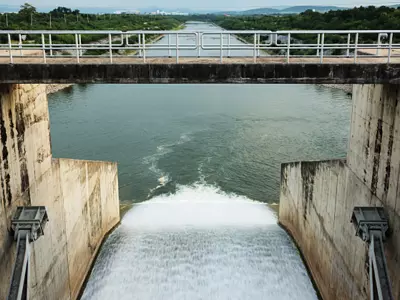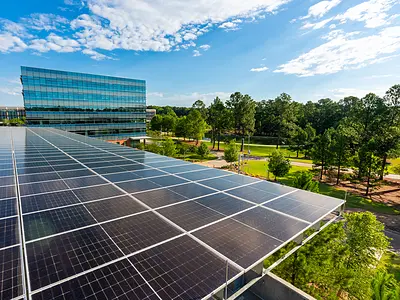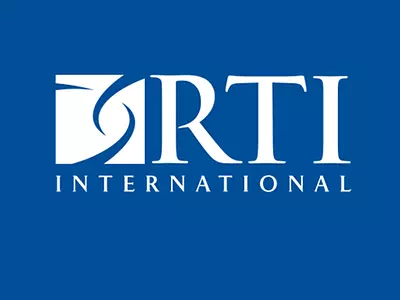Independent, interdisciplinary analysis for climate-smart decision-making
The costs of action and inaction on climate change both loom large. Policy makers must grapple with the hard work of connecting projections of alternate climate futures to technology and policy pathways, economic impacts, and livelihoods to inform public action through mitigation, adaptation, and resilience efforts.
RTI experts help government, non-profit, and private sector clients assess the challenges posed by climate change, from the health of our ecosystems and communities to the implications for our economic and financial systems. RTI works with its clients to develop nuanced understandings of the climate hazards we face and our options for mitigating, adapting, and strengthening resilience to their impacts.
Climate change and climate policy impacts are not uniformly distributed across different population segments, locations, and time. Evaluating the vulnerabilities of communities through an environmental justice lens is critical to understanding economic and health impacts, the viability of climate policies, and enhancing the resilience of the most vulnerable communities.
Evaluating solutions for a climate-secure future takes a well-integrated, multi-disciplinary team of social scientists, environmental scientists, engineers, urban planners, data and geospatial scientists, statisticians, programmers, and public communication specialists. RTI’s team, with diverse and complementary capabilities, supports our clients in addressing and managing climate change risks and consequences. Our experts support our clients in understanding:
- Greenhouse Gas Emissions: Characterization and analysis of pollution sources and controls
- Climate Change Impacts: Understanding how changing climate impacts our health and welfare and our options for adaptation and resilience
- Analysis Tools: Simulating physical, technological, and economic systems
- Climate Change Policy and Solutions: Assessing policy costs, impacts, and effectiveness and developing meaningful and cost-effective solutions to the many hazards posed by climate change
Sign up for our Climate Newsletter to stay up-to-date on our latest insights.
Related Projects
Expanding Affordable & Reliable Electricity Services in Ethiopia
Read More about Expanding Affordable & Reliable Electricity Services in Ethiopia


















